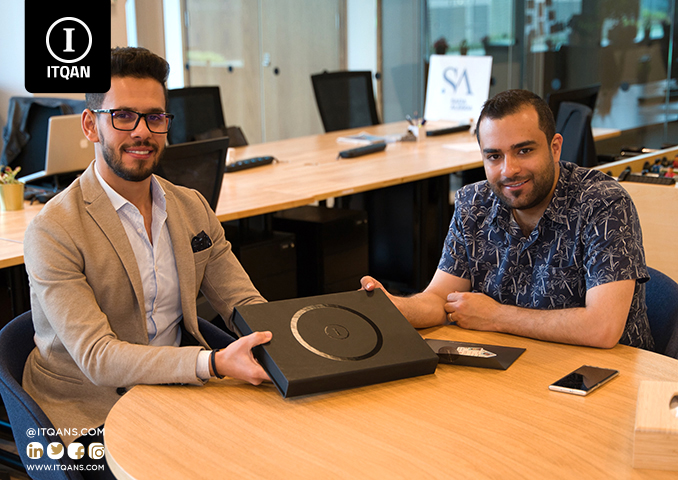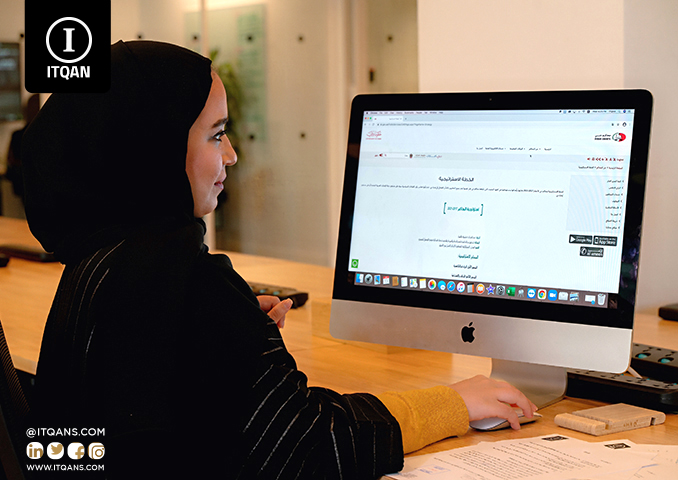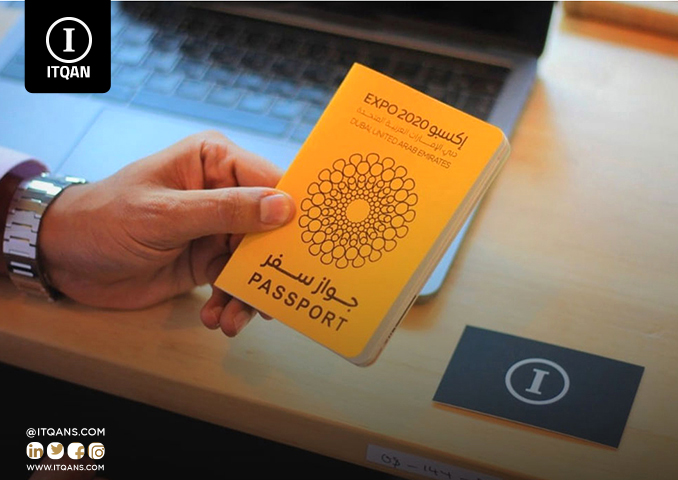Costs of establishing a company in Dubai. Dubai is one of the most prominent global destinations for establishing companies, thanks to its advanced infrastructure, its strategic location linking the eastern and western markets, as well as its flexible economic environment that encourages investment and business. Establishing a company in Dubai opens up broad horizons for achieving success and economic growth, due to the emirate’s laws and legislation that support the business environment and its many facilities.
Through this article, we will review the steps and procedures necessary to establish a company in Dubai, starting from choosing the appropriate type of company, through registration and licensing procedures, all the way to the costs and financing available. We will discuss in detail all the information an investor needs to achieve a successful and fruitful start in this vital market.

Choose the company type
When starting a company in Dubai , choosing the type of company is a crucial and important step that deserves careful consideration. The type of company determines its legal and business structure, affecting day-to-day operations, legal obligations, and potential franchises. In Dubai, there are several types of companies that can be established, each of which has its own advantages and disadvantages. Companies in Dubai can be classified into three main categories: local companies, free companies, and offshore companies.
Local companies
Local companies are companies that are established within the country and are subject to the local laws of the United Arab Emirates. These companies have the ability to operate in the local market effectively and provide services or products directly to consumers in Dubai and the rest of the Emirates. Local companies usually require a local partner to hold a certain percentage of shares, according to applicable laws. Local companies can be in the form of partnerships, limited liability companies, or joint stock companies.
Free companies
Free companies are companies that are established in the free zones spread across Dubai. Free zones provide a favorable business environment for companies by offering multiple incentives such as tax exemptions, full ownership by foreigners, and ease of establishment procedures. Freelance companies are suitable for companies that want to do international business or need a flexible environment to grow and expand. Some of the popular free zones in Dubai include Jebel Ali Free Zone, Dubai International Financial Centre, and Dubai Tech Zone.
External companies
Offshore companies are companies that are registered in Dubai but are not allowed to conduct business within the country itself. This type of company allows individuals and companies to benefit from tax and financial advantages without having to be physically present in Dubai. Offshore companies are a popular choice for businesses that operate in international markets and are looking for a legal structure that facilitates their financial and administrative operations.
By choosing the right company type, entrepreneurs and investors can make the most of the opportunities available in Dubai, and ensure the company structure aligns with their business and strategic goals.
Registration and licensing procedures
Establishing a company in Dubai requires following a number of legal steps and procedures aimed at ensuring compliance with local laws and regulations. It is essential that you have full knowledge of the required procedures to avoid any delays or legal problems you may encounter. In this section, we will review the basic steps that must be followed to register your company and obtain the necessary licenses:
Submit the required documents
The registration process begins by submitting a set of necessary documents to the competent authorities. These documents usually include:
- Registration application form: The registration application form is filled out with basic information about the company, such as the company name, type of business activity, and headquarter address.
- Copy of Passport: A certified copy of the passport must be submitted to all partners and directors.
- Business Plan: A detailed business plan outlining the business objectives and financial strategy of the company is required.
- A copy of the Articles of Association: The Articles of Association include detailed information about the company’s structure, the distribution of shares among partners, and legal responsibilities.
Obtaining the necessary approvals
After submitting the required documents, the necessary approvals must be obtained from various government bodies. The type of approvals required depends on the type of company and business activity. Among these approvals:
- Department of Economic Development (DED) approval: This approval is necessary for all local businesses, as the department reviews the documents submitted and issues an initial business license.
- Regulatory approval: Some businesses may require additional approvals from specific regulatory authorities such as the Ministry of Health or the Roads and Transport Authority.
- Approval of the competent authority in free zones: If you are establishing a company in a free zone, you must obtain the approval of the competent authority in that zone.
Payment of fees
The last step in the registration process is to pay the fees required to issue business licenses. Fees vary based on the type of company and the size of the business. Fees usually include:
Registration fees: A one-time fee paid when registering the company.
Business license fees: An annual fee that changes based on the type of business activity and the region in which the company is located.
Additional services fees: These may include fees for additional services such as issuing ID cards to partners and managers.
After completing these steps, the trade license is issued and the company is ready to start operating legally in Dubai. It is necessary to ensure that the business license is renewed annually and that all local laws and regulations are adhered to to ensure business continuity without any legal obstacles.

Costs and financing for establishing a company in Dubai
The costs of establishing a company in Dubai are one of the important aspects that investors must take into consideration when planning to establish a new project. These costs vary based on the type of company, location, and procedures involved, but can generally be divided into three main categories: incorporation costs, government funding, and other financial options.
Establishment costs
Incorporation costs include a range of fees and expenses that must be paid before the company can officially begin operating. The most prominent of these costs are:
Registration fees: Company registration fees vary based on the type of company and its legal structure. For example, free company registration fees are often higher than those for local corporations.
License fees: After registering the company, you must obtain the necessary licenses to conduct business. These licenses vary depending on the type of business and location.
Office and utility costs: Companies must rent an office or business premises, and this includes paying rent and utility costs such as electricity, water and communications.
Legal and accounting fees: Businesses need legal and accounting consultants to help them comply with local laws and regulations.
Government funding
The Dubai Government provides a range of programs and initiatives to support entrepreneurs and new investors. This support can come in different forms, including:
- Financing funds: Some government agencies provide specialized financing funds to support small and medium enterprises. These funds often have favorable terms and low interest rates.
- Tax incentives: In some free zones, companies can benefit from partial or complete tax exemptions for a specific period of time, which helps reduce operational costs.
- Training and technical support programs: Many government agencies provide training and technical support programs to develop the capabilities of entrepreneurs and improve their administrative and technical skills.
Other financial options
In addition to government funding, there are several other financial options that investors can take advantage of to cover the costs of establishing and operating their companies:
- Business Loans: Businesses can obtain loans from commercial banks and financial institutions. These loans are multi-purpose and can be used to cover a wide range of expenses.
- Private Investment: Investors can look for strategic partners or private investors to contribute capital. This can provide additional funding and help reduce financial burdens.
- Crowdfunding: Crowdfunding has become a popular option for raising money from a wide range of investors via online platforms. This type of financing can be especially beneficial for startups and small businesses.
- Self-Finance: In some cases, entrepreneurs may decide to finance their companies from their personal savings or through the sale of personal assets. This option can be risky but offers greater independence.
Regardless of the financial option an investor chooses, it is important to prepare a solid financial plan that ensures all costs are covered and helps achieve long-term financial sustainability.
Our company’s role in establishing a company in Dubai
Dubai is one of the most prominent global destinations for establishing companies, thanks to its distinguished investment environment and advanced infrastructure. Choosing the right type of company, whether local, freelance, or offshore, requires careful consideration of business needs and objectives. The administrative procedures for obtaining the necessary licenses and approvals are a crucial step in the establishment process, and require careful adherence to submitting documents and paying the required fees.
On the other hand, investors must take into account the costs related to establishing the company, and search for appropriate financing whether through government programs or other available financial options. Good financial planning can contribute significantly to a company’s success and sustainability.
In conclusion, it can be said that establishing a company in Dubai carries with it many opportunities and challenges. However, adherence to formal procedures and sound financial planning can open broad horizons for growth and prosperity in one of the most dynamic and diverse markets in the world.
Frequently asked questions about establishing a company in Dubai
What are the different types of business licenses available in Dubai?
There are three main types of licenses in Dubai: commercial license, industrial license, and professional license. Each of these types of licenses is intended for specific types of businesses and commercial activities.
What is the difference between establishing a company in the free zone and within the city?
Companies in free zones benefit from extensive tax breaks and full foreign ownership, while companies within the city require a local partner who owns 51% of the company and may be exposed to some local taxes.
What are the basic requirements for establishing a company in Dubai?
Requirements include defining the business activity, choosing a trade name, obtaining initial approvals, preparing the articles of incorporation, and completing the commercial registration process with the Department of Economic Development.
What are the tax advantages of establishing a company in Dubai?
Dubai offers many tax exemptions, especially in free zones. This includes no personal or corporate income taxes and low value-added tax.
How long does it take to establish a company in Dubai?
The time it takes depends on the type of company and procedures followed, but the process can generally be completed within two to four weeks.
Can foreigners own a company entirely in Dubai?
Yes, foreigners can fully own their companies in free zones. In Inner Dubai, there must be a local partner who owns 51% of the company, unless the company is in sectors that have been fully opened to foreign investment.
What are the costs of establishing a company in Dubai?
Costs vary depending on the type of activity and location. License fees, rents, and other government fees must be considered. It is preferable to consult a specialist to determine the exact cost.
















